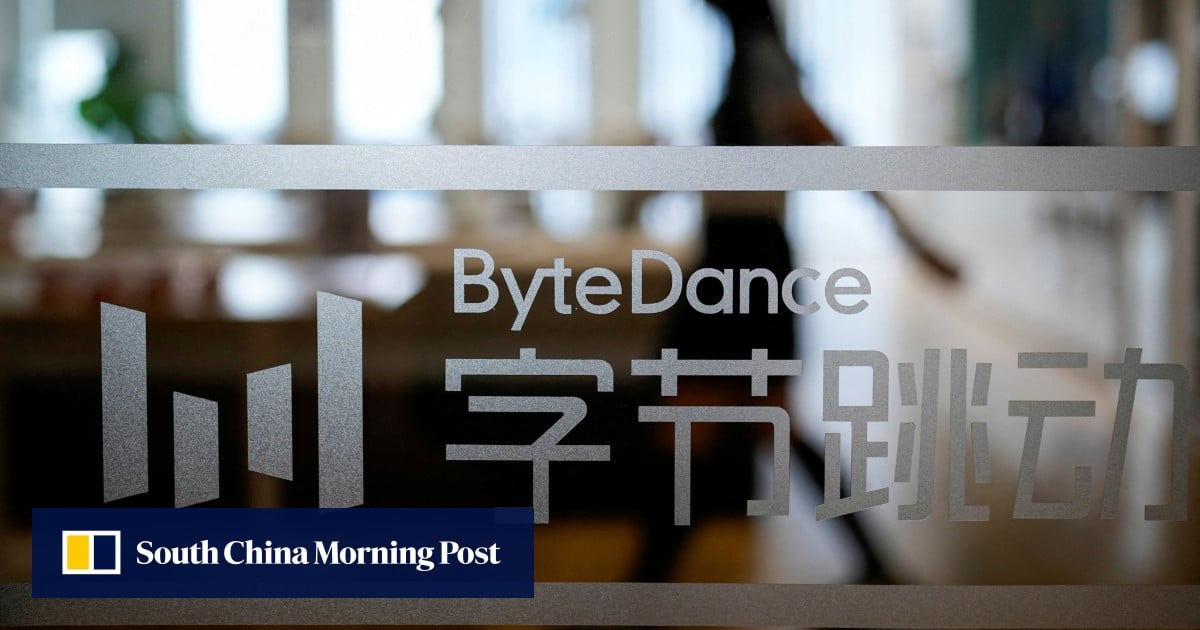
19 Jan TikTok owner ByteDance allows employees to cash in stock options earlier under new payroll policy
ByteDance, owner of global short video hit TikTok and its Chinese sibling Douyin, has adjusted its payroll policy to allow employees to sell their stock options faster, as plans for an initial public offering (IPO) remain in limbo.
Under the new rule, applicable to ByteDance’s 110,000 employees worldwide, workers will receive 20 per cent of their total stock awards after their first year of service, up from 15 per cent previously, according to two people briefed on the matter on Thursday.
Thereafter, stock grants will be vested on a quarterly basis rather than annually, as was previously the case. Workers will get 25 per cent of their equity grants after the second year, and again in the third year, with all remaining shares to be vested after the fourth year.
ByteDance did not immediately respond to a request for comment.
TikTok owner ByteDance spent 2023 cutting the fat, but fresh challenges loom
TikTok owner ByteDance spent 2023 cutting the fat, but fresh challenges loom
The four-year time-based vesting schedule is commonly adopted by businesses to encourage staff to stay longer. As ByteDance remains a private firm, the only way for staff to cash in their stock options is to sell to their employer.
The Beijing-based company’s share buy-back programme has taken place twice a year since 2017. The most recent one, in November, priced the stock at US$160 per share.
In its latest reform, ByteDance also standardised its annual bonuses to three months worth of salary, all granted in cash, with additional sums to be given on merit and in equity form. Previously, employees had been allowed to decide if they wanted their bonuses to be given entirely or partially in cash.
The change affects thousands of employees who are used to receiving higher bonuses, such as product design and optimisation staff whose bonuses had reached the level of six months’ salary. To offset the impact, the company has promised product managers pay rises.

The new policy has generated mixed reactions among employees at China’s most-valuable start-up.
One person said some staff may be happy to find more flexibility if they are considering a job change in the middle of the year. Another person said now that employees could not receive all bonuses as stock options, they could be charged higher income taxes.
Prospects for a ByteDance IPO remain uncertain amid intense scrutiny in the US over TikTok’s ties to China, as well as challenges in other overseas markets.
